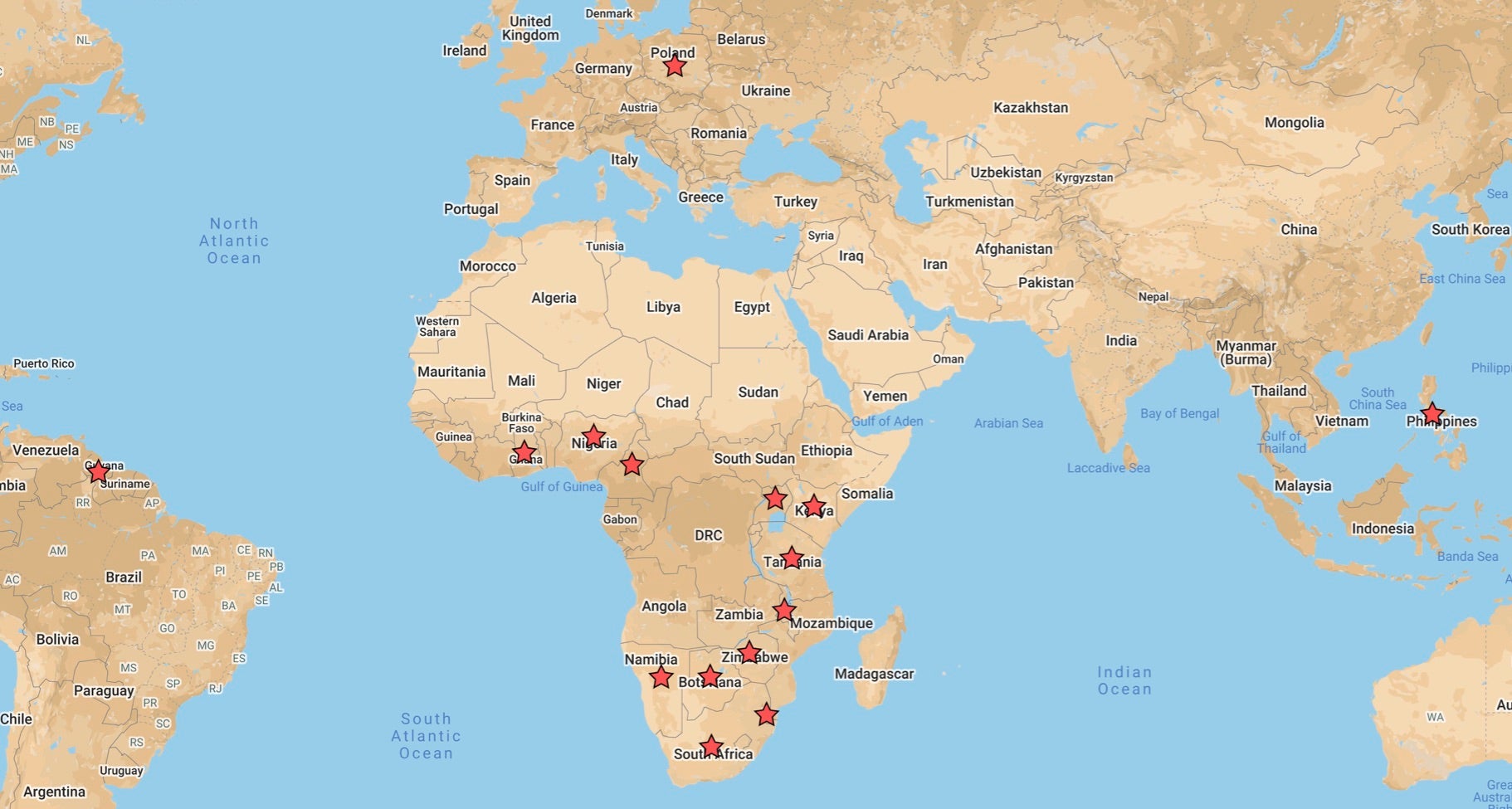Sample of Our Projects
IWHR Clinic students have proposed legislative solutions and initiated impact litigation to challenge existing laws, such as laws that deprive women of access to and control over land and property, laws that increase vulnerability of girls and women to HIV, and laws that undermine the rights of those living with HIV/AIDS. Students have challenged laws that give husbands the lion’s share of marital property and of property inherited through intestate succession or that deprive women of their share of the matrimonial property upon divorce. Students have tackled discriminatory labor laws that prevent women from working at night or in mines, require them to retire earlier than men, and prohibit work without a husband’s consent.
Past semester projects have addressed women’s human rights violations relating to domestic violence, sexual harassment and sexual violence, female genital mutilation, “honor” killings, unsafe abortion, girls’ expulsion from school, pregnancy and maternal health, problems in employment, HIV/AIDS, trafficking, polygamy, domestic servitude, bride price, forced marriage, child marriage, marital rape, and husbands’ marital authority over their wives.
Students and faculty working with partners have produced:
- Legal briefs mounting constitutional and treaty-based human rights challenges to sex discriminatory laws;
- Human rights reports documenting abuses against women’s human rights;
- Proposed legislation to bring discriminatory laws into conformity with regional and international human rights treaties; and
- Submissions to international UN human rights monitoring bodies highlighting the state’s violation of its treaty obligations to protect and promote women’s human rights.
WHERE WE’VE WORKED

Our Clinic students have fought for women’s rights around the world. To date, Clinic students have challenged sex discriminatory laws in Botswana, Cameroon, Ghana, Guyana, Kenya, Malawi, Namibia, Nigeria, Philippines, Poland, South Africa, Swaziland, Tanzania, Uganda, and Zimbabwe. They have also exposed the harmful laws that permit honor crimes to be committed against women and girls in Argentina, Bangladesh, Brazil, Ecuador, Egypt, Guatemala, Iran, Jordan, Palestine, Peru, Syria, Venezuela, and Texas.